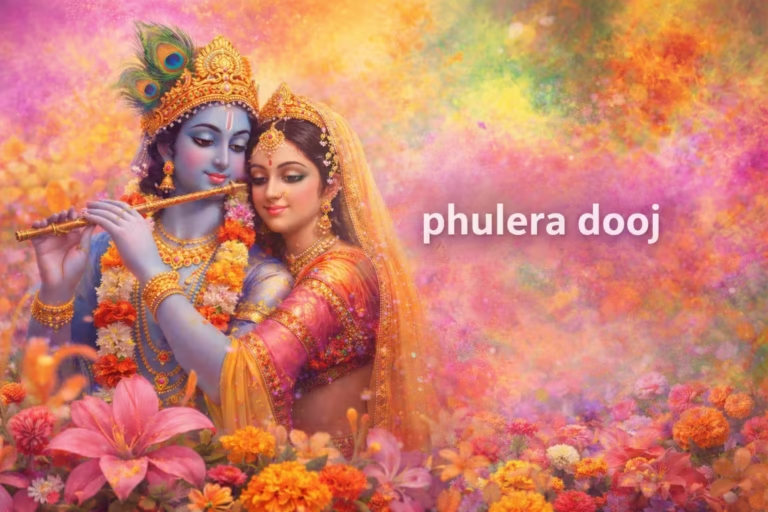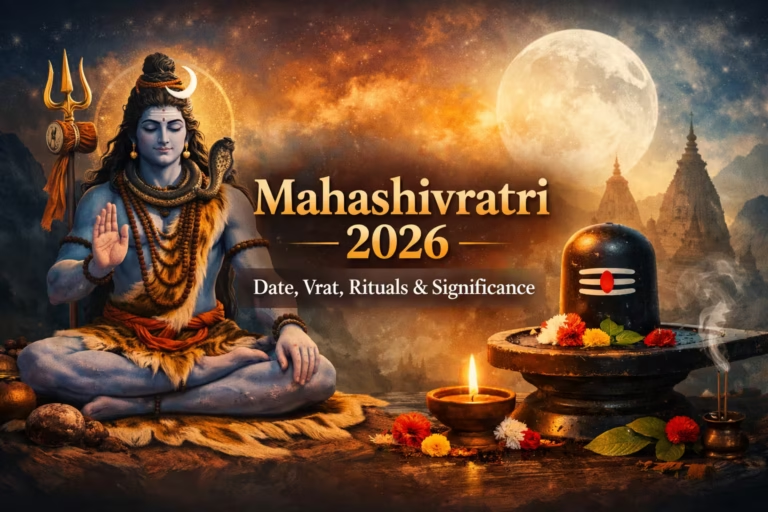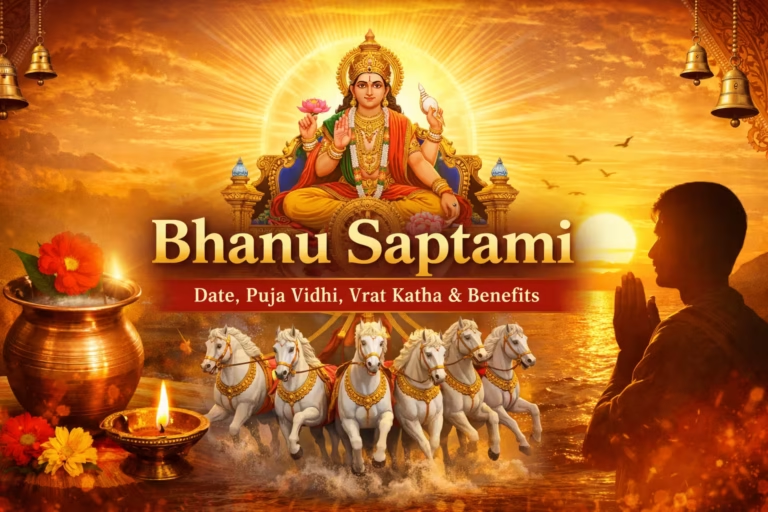The Bihu festivals are a series of three prominent celebrations in Assam, India, marking different phases of the agricultural calendar. These festivals—Rongali Bihu, Kongali Bihu, and Bhogali Bihu—are integral to Assamese culture, symbolizing unity, prosperity, and the harmony between humans and nature. This article explores each Bihu festival, their significance, traditional practices, and the specific dates for their celebration in 2025.
Table of Contents
What is the Bihu Festival?
Bihu refers to three distinct festivals celebrated in Assam, each associated with a specific phase of the agrarian cycle:
- Rongali Bihu (Bohag Bihu): Celebrated in April, this marks the Assamese New Year and the sowing season. It is the most vibrant and widely celebrated of all Bihus.
- Kongali Bihu (Kati Bihu): Observed in October, this is a solemn festival symbolizing hope and prayer during the growing season.
- Bhogali Bihu (Magh Bihu): Celebrated in January, it signifies the end of the harvest and is marked by feasting and community bonding.
Each Bihu reflects Assamese culture and traditions, celebrating nature, community, and prosperity.
Bihu Festival 2025 Dates
The Bihu festivals for 2025 are scheduled as follows:
- Bhogali Bihu (Magh Bihu): January 14–15, 2025
- Rongali Bihu (Bohag Bihu): April 14–20, 2025
- Kongali Bihu (Kati Bihu): October 18, 2025
These dates are based on the Assamese calendar and may vary slightly depending on regional and cultural interpretations.
Read also : Makar Sankranti 2025 Date, Time, and Significance
Where is the Bihu Festival Celebrated?
The Bihu festivals are predominantly celebrated in Assam, a northeastern state of India. However, Assamese communities worldwide also observe these festivals, showcasing the cultural richness of Assam on a global scale.
Why is Bihu Celebrated?
Bihu festivals are deeply rooted in the agrarian lifestyle of Assam and serve multiple purposes:
- Rongali Bihu: Welcomes the Assamese New Year and celebrates the start of the sowing season.
- Kongali Bihu: A solemn observance that reflects hope during the planting phase, with prayers for a good harvest.
- Bhogali Bihu: Marks the end of the harvest season, celebrating abundance and prosperity with grand feasts.
These festivals also symbolize cultural unity, community bonding, and gratitude toward nature.
Bihu Festival is Celebrated in Which Month?
Each Bihu festival corresponds to a specific month:
- Bhogali Bihu: January
- Rongali Bihu: April
- Kongali Bihu: October
These months align with the agricultural calendar, reflecting sowing, growing, and harvesting cycles.
Traditional Celebrations of Bihu
Bihu celebrations are vibrant and include several unique customs:
- Music and Dance: Traditional Bihu songs (Bihu geet) and dances are integral to the festivities. Energetic movements and rhythmic tunes capture the spirit of the celebration.
- Feasting: Especially prominent during Bhogali Bihu, community feasts are organized, featuring rice, fish, meat, and traditional sweets like pithas (rice cakes).
- Lighting of Lamps: During Kongali Bihu, lamps are lit near fields and households to seek divine blessings for a good harvest.
- Community Bonding: Villages host fairs, games, and cultural events that foster unity and joy.
Bihu Traditional Dress
The traditional attire worn during Bihu showcases Assamese craftsmanship and culture:
- Women’s Attire: Women wear a mekhela chador, a two-piece garment with intricate patterns, often made from Assam’s famous Muga silk.
- Men’s Attire: Men don a dhoti and gamosa (a handwoven cloth) along with a kurta.
The bright colors and fine designs of these garments enhance the festive atmosphere.
How Rongali Bihu Differs from Bhogali and Kongali Bihu
- Rongali Bihu (Bohag Bihu): Celebrates the New Year with dance, music, and new beginnings. It is marked by vibrant celebrations and joyful activities.
- Bhogali Bihu (Magh Bihu): Focuses on community feasts and thanksgiving for the harvest season. It is characterized by traditional sports, such as buffalo fights and wrestling matches.
- Kongali Bihu (Kati Bihu): Observed with simplicity and prayers. It lacks the feasting and revelry of the other two Bihus, reflecting a time of anticipation and hope.
Modern-Day Celebrations of Bihu
In contemporary times, Bihu has transcended regional boundaries and gained global recognition:
- Global Events: Assamese diaspora communities organize Bihu festivals worldwide, introducing the culture to international audiences.
- Media and Social Platforms: Social media plays a significant role in spreading awareness about Bihu traditions and showcasing celebrations.
- Fusion with Modernity: While rooted in tradition, modern Bihu celebrations incorporate contemporary music, art, and performances, appealing to younger generations.
FAQs About Bihu Festival
Q1. Bihu festival is celebrated in which state?
Bihu is celebrated primarily in Assam, India.
Q2. Why is Bihu celebrated?
Bihu is celebrated to mark important phases of the agricultural cycle, express gratitude for the harvest, and foster cultural unity.
Q3. Bihu festival is celebrated in which month?
Bhogali Bihu is celebrated in January, Rongali Bihu in April, and Kongali Bihu in October.
Q4. Where is the festival of Bihu celebrated?
The festival is celebrated across Assam and by Assamese communities worldwide.
Q5. What is the traditional dress for Bihu?
Women wear a mekhela chador, while men wear a dhoti, kurta, and gamosa during the festivities.
Q6. What is the significance of Bihu?
Bihu signifies agricultural prosperity, cultural pride, and the unity of Assamese communities.
Conclusion
The Bihu festivals are a vibrant reflection of Assamese culture, encapsulating the essence of life, nature, and community. From the joy of Rongali Bihu to the feasts of Bhogali Bihu and the solemn prayers of Kongali Bihu, these celebrations showcase Assam’s deep connection to its roots. As we approach 2025, these festivals continue to inspire and unite people, transcending borders and generations.
Complete List of Main Hindu Festivals in 2025
| Festival Name | 2025 Date | Read More |
|---|---|---|
| Makar Sankranti | January 14, 2025 | Read More About Makar Sankranti |
| Vasant Panchami | February 2, 2025 | read more about Vasant Panchami |
| Maha Shivaratri | February 26, 2025 | Read More About Maha Shivratri |
| Holi | March 14, 2025 | Read More About Holi |
| Ram Navami | April 6, 2025 | Read More about Ram Navami |
| Hanuman Jayanti | April 12, 2025 | Read More about Hanuman Jayanti |
| Raksha Bandhan | August 9, 2025 | Read More about raksha Bandhan |
| Janmashtami | August 15, 2025 | Read More about Janmashtami |
| Ganesh Chaturthi | August 27, 2025 | Read More about Ganesh Chaturthi |
| Navaratri/Durga Puja | september 22– october 1, 2025 | Read More Navratri/durga puja |
| Dussehra | October 2, 2025 | Read More about Dussehra |
| Diwali | October 21, 2025 | Read More about Diwali |
| Bhai Dooj | October 23, 2025 | Read More about Bhai Dooj |



